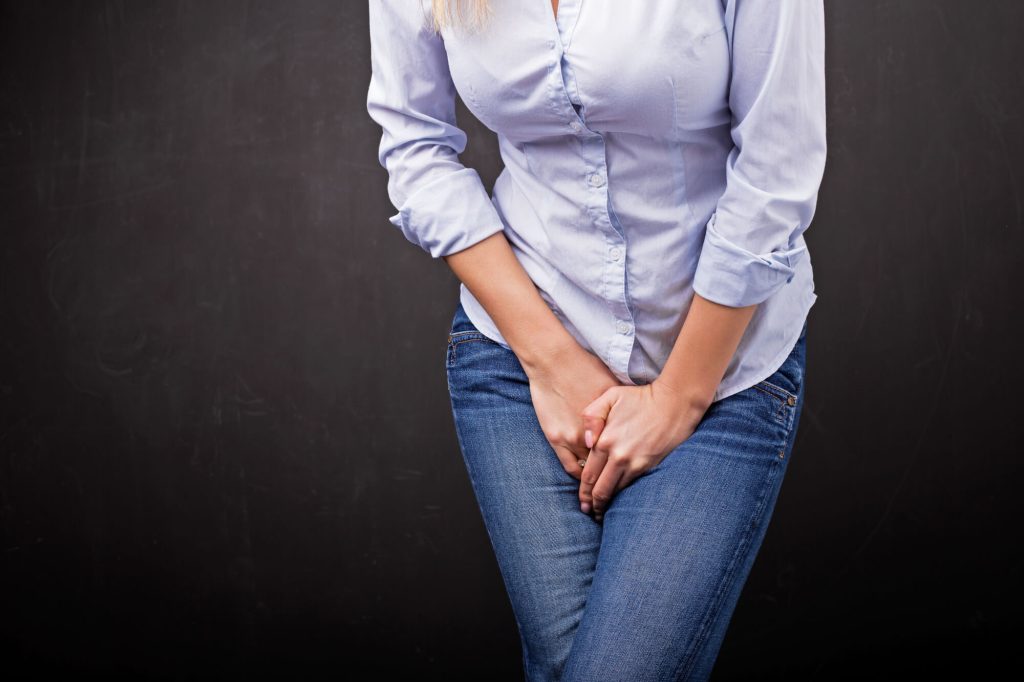Experiencing the urge to urinate shortly after having just done so can be both perplexing and disruptive. This sensation, often referred to as frequent urination, can stem from various underlying causes, ranging from lifestyle factors to medical conditions. Understanding these potential causes is crucial in addressing and managing the symptom effectively.
1. Lifestyle and Dietary Factors
Certain lifestyle choices and dietary habits can irritate the bladder, leading to increased frequency of urination. Consuming large amounts of fluids in a short period can overwhelm the bladder’s capacity, prompting the need to urinate more frequently. Additionally, specific foods and beverages are known bladder irritants:
- Caffeine: Found in coffee, tea, and many soft drinks, caffeine has diuretic properties, increasing urine production and potentially leading to more frequent trips to the bathroom.
- Alcohol: Similar to caffeine, alcohol can increase urine output and irritate the bladder lining.
- Acidic Foods: Citrus fruits and juices can cause bladder irritation in some individuals.
- Spicy Foods: These can exacerbate bladder sensitivity, leading to increased urgency.

Modifying the intake of these items may help reduce urinary frequency. Dr. Courtenay Moore, a urologist and clinical associate professor of urology at The Ohio State University Wexner Medical Center, suggests that limiting bladder-irritating foods and drinks can alleviate symptoms. Additionally, distributing fluid consumption evenly throughout the day, rather than consuming large amounts at once, can prevent overwhelming the bladder.
2. Urinary Tract Infections (UTIs)
A common cause of frequent urination is a urinary tract infection. UTIs occur when bacteria enter the urinary tract, leading to inflammation and irritation of the bladder lining. This irritation can cause a persistent urge to urinate, even if the bladder is not full. Other symptoms may include:
- Pain or burning sensation during urination.
- Cloudy or strong-smelling urine.
- Lower abdominal discomfort or pressure.
Dr. Ramesh Krishnan, a urologist at Memorial Hermann Medical Group, emphasizes that UTIs can cause the bladder to become overactive due to inflammation. Treatment typically involves a course of antibiotics prescribed by a healthcare provider. Drinking plenty of fluids can also aid in flushing out the bacteria from the urinary system.
3. Overactive Bladder (OAB)
Overactive bladder is a condition characterized by sudden, involuntary contractions of the bladder muscle, leading to an urgent need to urinate. Individuals with OAB may find themselves urinating more than eight times in a 24-hour period. Potential causes of OAB include:
- Neurological disorders.
- Hormonal changes, particularly during menopause.
- Bladder abnormalities, such as tumors or stones.
Management strategies for OAB often involve behavioral therapies, such as bladder training and pelvic floor exercises, which can help strengthen the muscles involved in urination and improve bladder control. In some cases, medications that relax the bladder muscle may be prescribed.
4. Interstitial Cystitis (IC)
Also known as painful bladder syndrome, interstitial cystitis is a chronic condition that causes bladder pressure, bladder pain, and sometimes pelvic pain. The pain ranges from mild discomfort to severe, debilitating pain. Unlike UTIs, IC is not caused by a bacterial infection, and antibiotics are not an effective treatment. Symptoms of IC include:
- Chronic pelvic pain.
- A persistent, urgent need to urinate.
- Frequent urination, often in small amounts, throughout the day and night.

Management of IC focuses on symptom relief. This may involve physical therapy to relieve pelvic floor muscle spasms, medications to reduce bladder inflammation, and lifestyle modifications to avoid potential bladder irritants. In some cases, bladder instillations or nerve stimulation therapies may be considered.
5. Prostate Issues
In men, prostate problems, particularly benign prostatic hyperplasia (BPH), can lead to frequent urination. BPH is a non-cancerous enlargement of the prostate gland, which surrounds the urethra. As the prostate enlarges, it can press against the urethra, obstructing urine flow and causing the bladder to contract more frequently. Symptoms of BPH include:
- Difficulty starting urination.
- Weak or interrupted urine stream.
- Feeling of incomplete bladder emptying.
Treatment options for BPH vary depending on the severity of symptoms and may include medications to relax the prostate muscles or shrink the prostate, minimally invasive therapies, or surgical procedures to remove excess prostate tissue.
When to Seek Medical Attention
While occasional fluctuations in urinary habits can be normal, it’s important to consult a healthcare provider if you experience:
- A sudden increase in urinary frequency without an obvious cause.
- Pain or burning sensation during urination.
- Blood in the urine.
- Lower abdominal or pelvic pain.
- Disruption to daily activities or sleep due to the need to urinate.
A healthcare professional can perform evaluations, including urine tests, physical examinations, and imaging studies, to determine the underlying cause and recommend appropriate treatment.
Preventive Measures and Lifestyle Modifications
To help manage and prevent frequent urination, consider the following strategies:
- Monitor Fluid Intake: Distribute fluid consumption evenly throughout the day and avoid excessive intake of bladder irritants.

















